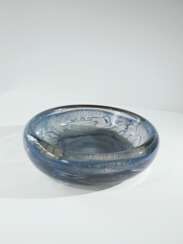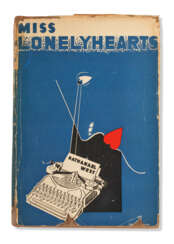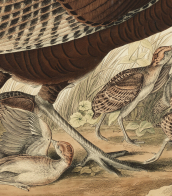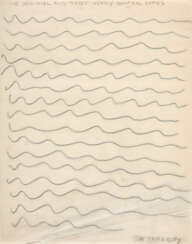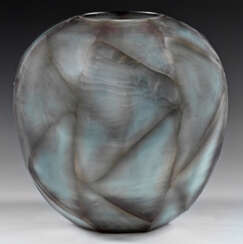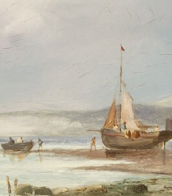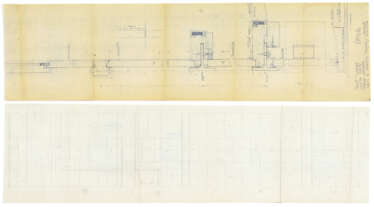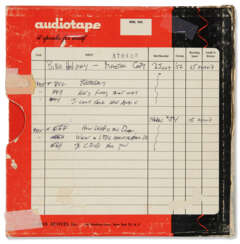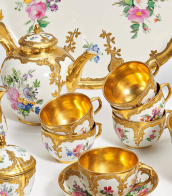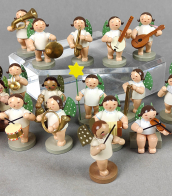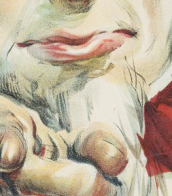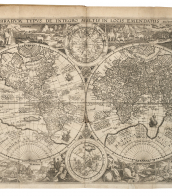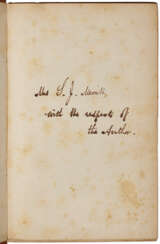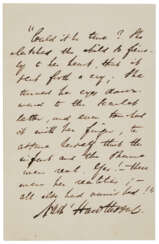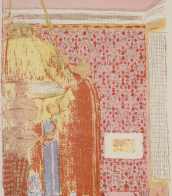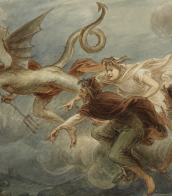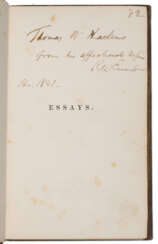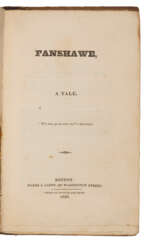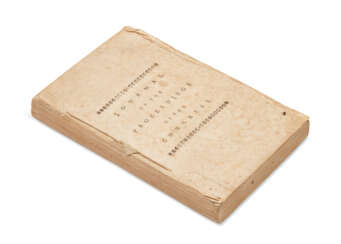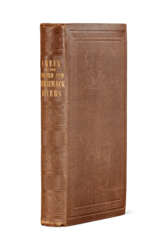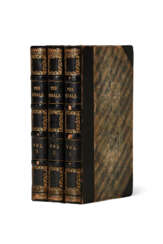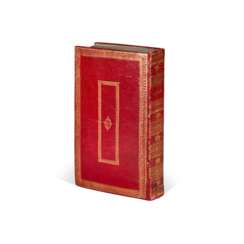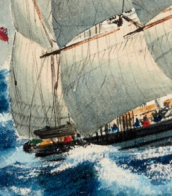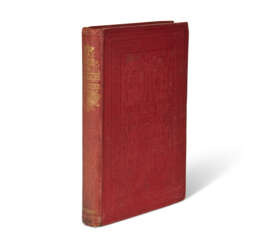copie
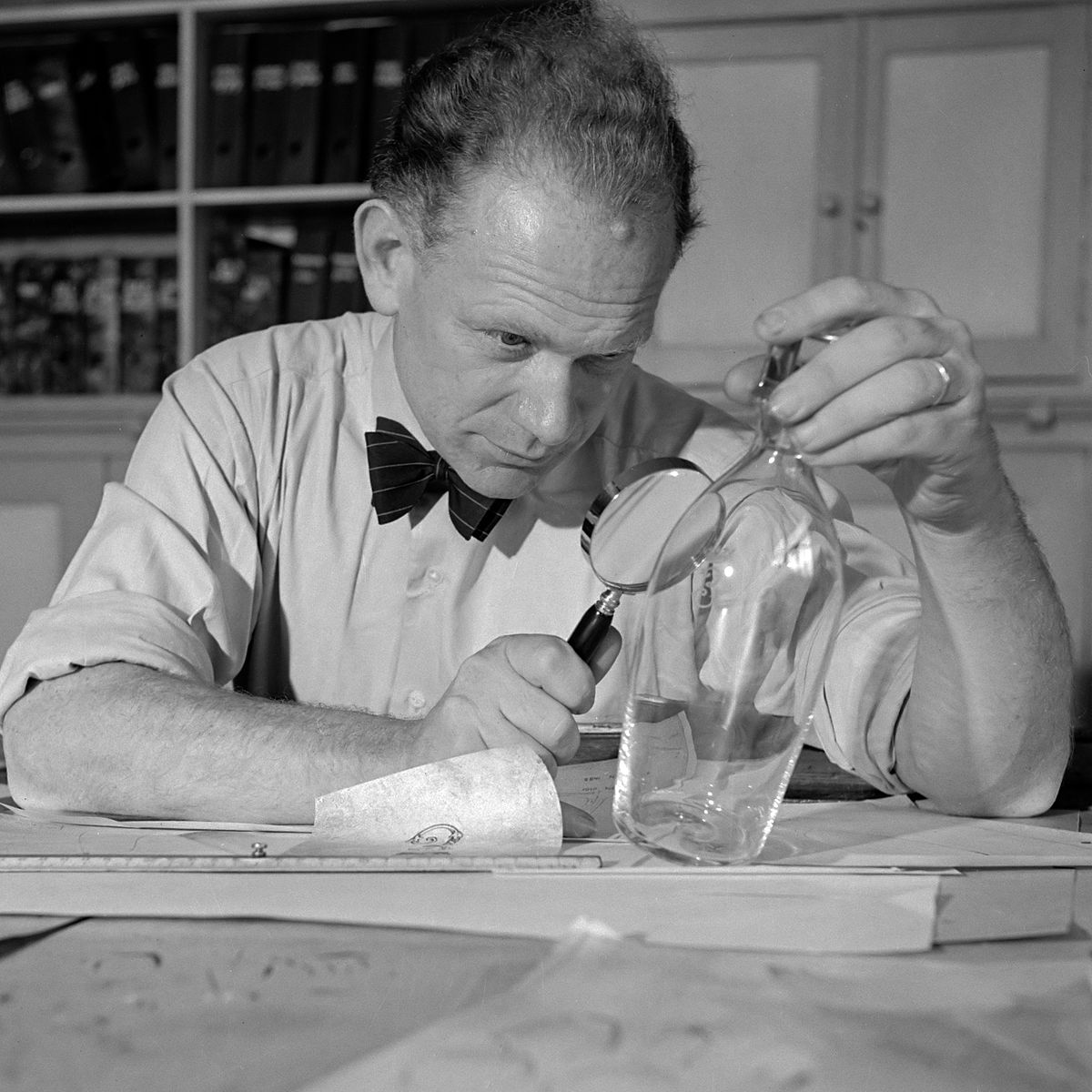
Andries Dirk Copier is a Dutch designer of decorative and utilitarian glass and porcelain objects.
From 1914 to 1971 he worked at the Leerdam glassworks. This made him the only designer to work permanently in the factory for decades.
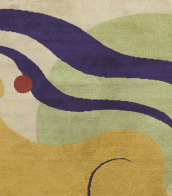

Andries Dirk Copier is a Dutch designer of decorative and utilitarian glass and porcelain objects.
From 1914 to 1971 he worked at the Leerdam glassworks. This made him the only designer to work permanently in the factory for decades.


Andries Dirk Copier is a Dutch designer of decorative and utilitarian glass and porcelain objects.
From 1914 to 1971 he worked at the Leerdam glassworks. This made him the only designer to work permanently in the factory for decades.

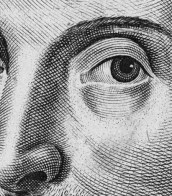
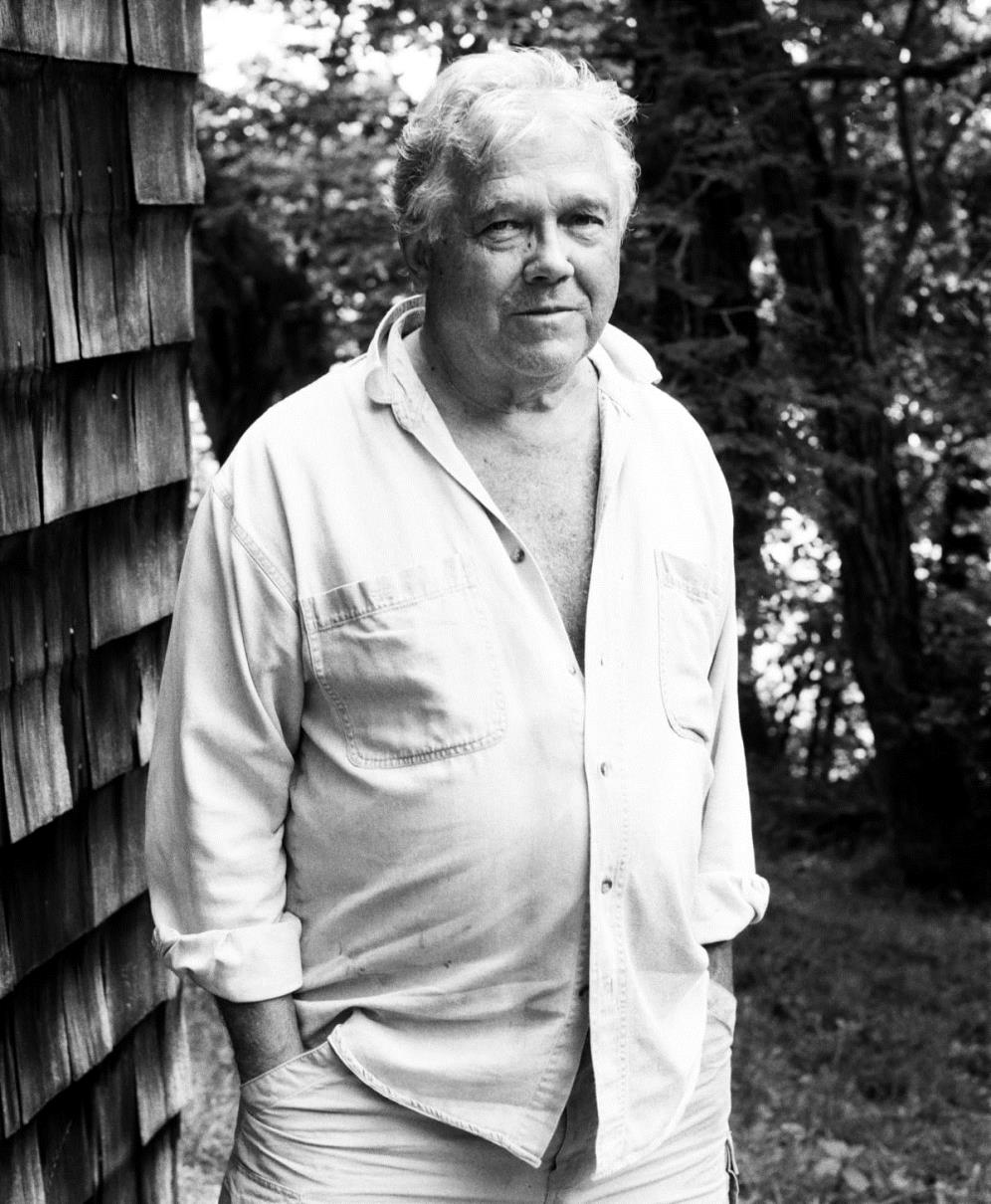
Gary Kuehn is an American artist who pioneered the Postminimal and Process Art movements of the 1960s. His work is known for its fluid use of materials that undermined the psychology of dominant Minimal Art practices.[16] Using a straightforward and reduced formal language, Kuehn subverts pure geometric forms with content-driven, metaphorical concepts. Although Kuehn works with a wide range of materials, the unifying theme throughout his discursive practices is a tension between forms as evident in his Black Paintings and Melt Pieces. In 1992 he received the Francis J. Greenburger Foundation Award.


Danh Vo, birth name Võ Trung Kỳ Danh, is a Vietnamese-born painter and sculptor who lives and works in Berlin and Mexico City.
As a child, he left Vietnam as a refugee in 1979 with his family and moved to Europe. His family settled in Denmark, where they were granted political asylum and citizenship. Vo later studied at the Royal Danish Academy of Fine Arts in Copenhagen and graduated from the Städelschule in Frankfurt.
His work is at the intersection of art, world history and personal diary. Vo's works draw on the facts of many individual biographies, including his own, as well as aspects of political history and social memory, to analyze the various forces that influence our lives in both explicit and unexplored ways. Danh Vo creates sculptures, installations, photographs and works on paper.
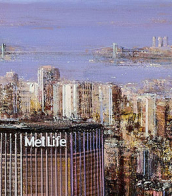
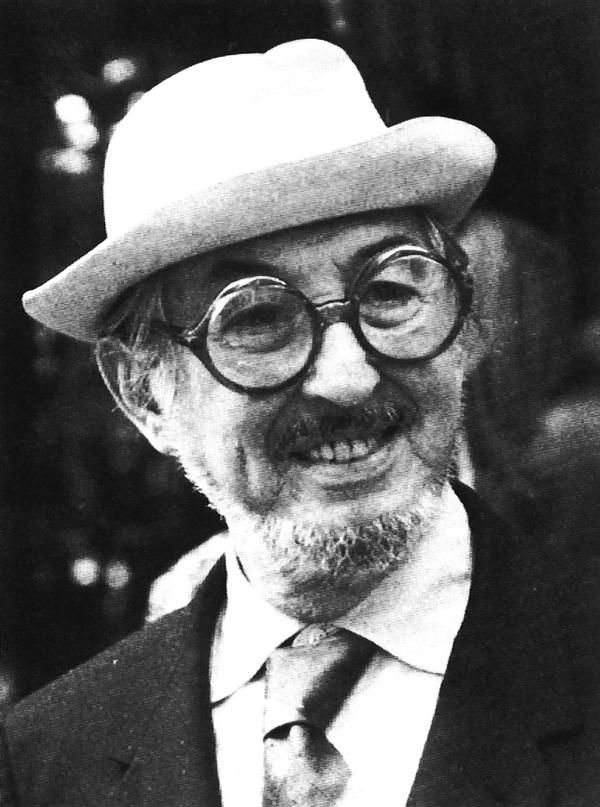
Carlo Scarpa was an Italian architect, influenced by the materials, landscape and the history of Venetian culture, and by Japan. Scarpa translated his interests in history, regionalism, invention, and the techniques of the artist and craftsman into ingenious glass and furniture design.
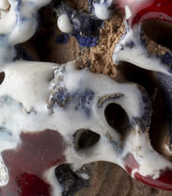
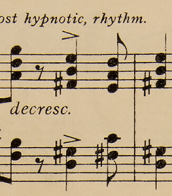
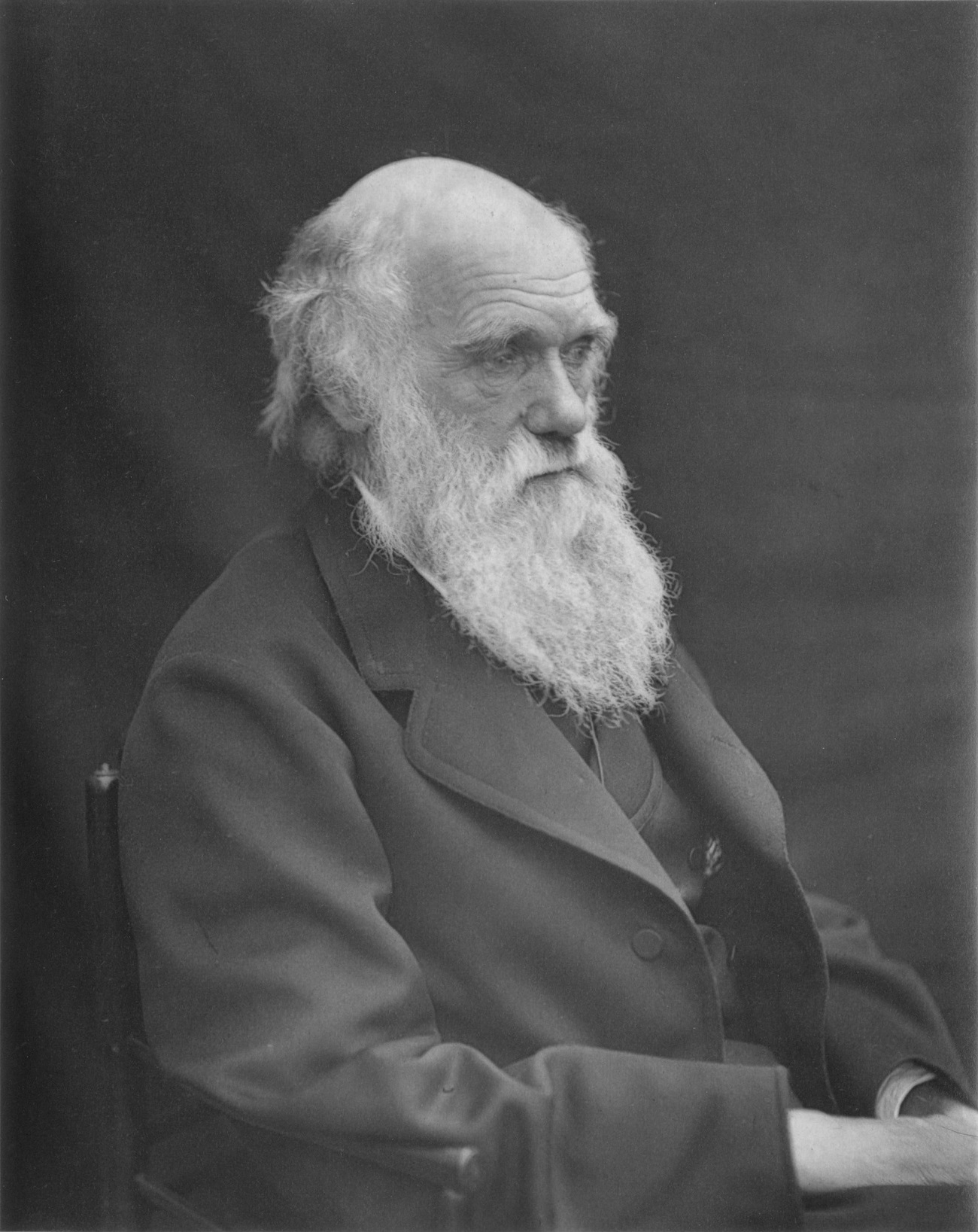
Charles Robert Darwin was an English naturalist, geologist, and biologist, widely known for contributing to the understanding of evolutionary biology. His proposition that all species of life have descended from a common ancestor is now generally accepted and considered a fundamental concept in science. In a joint publication with Alfred Russel Wallace, he introduced his scientific theory that this branching pattern of evolution resulted from a process that he called natural selection, in which the struggle for existence has a similar effect to the artificial selection involved in selective breeding. Darwin has been described as one of the most influential figures in human history, and he was honoured by burial in Westminster Abbey.

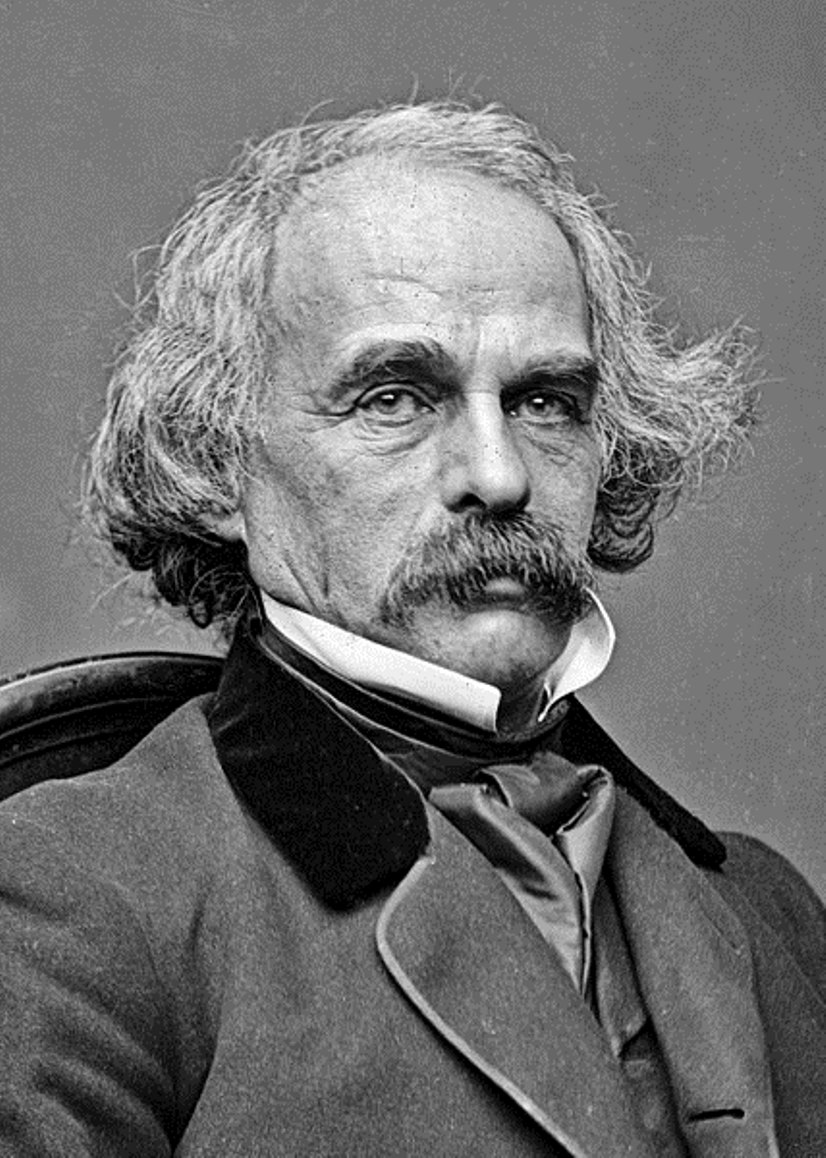
Nathaniel Hawthorne is an American writer and author.
Hawthorne is a recognized short story writer and a master of allegorical and symbolic narrative. One of the first fiction writers in American literature, he is best known for his works The Scarlet Letter (1850) and The House of Seven Gables (1851). Hawthorne's artistic works are considered part of the American Romantic movement and, in particular, of so-called dark Romanticism, a popular mid-19th-century fascination with the irrational, the demonic, and the grotesque.
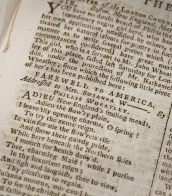

Nathaniel Hawthorne is an American writer and author.
Hawthorne is a recognized short story writer and a master of allegorical and symbolic narrative. One of the first fiction writers in American literature, he is best known for his works The Scarlet Letter (1850) and The House of Seven Gables (1851). Hawthorne's artistic works are considered part of the American Romantic movement and, in particular, of so-called dark Romanticism, a popular mid-19th-century fascination with the irrational, the demonic, and the grotesque.

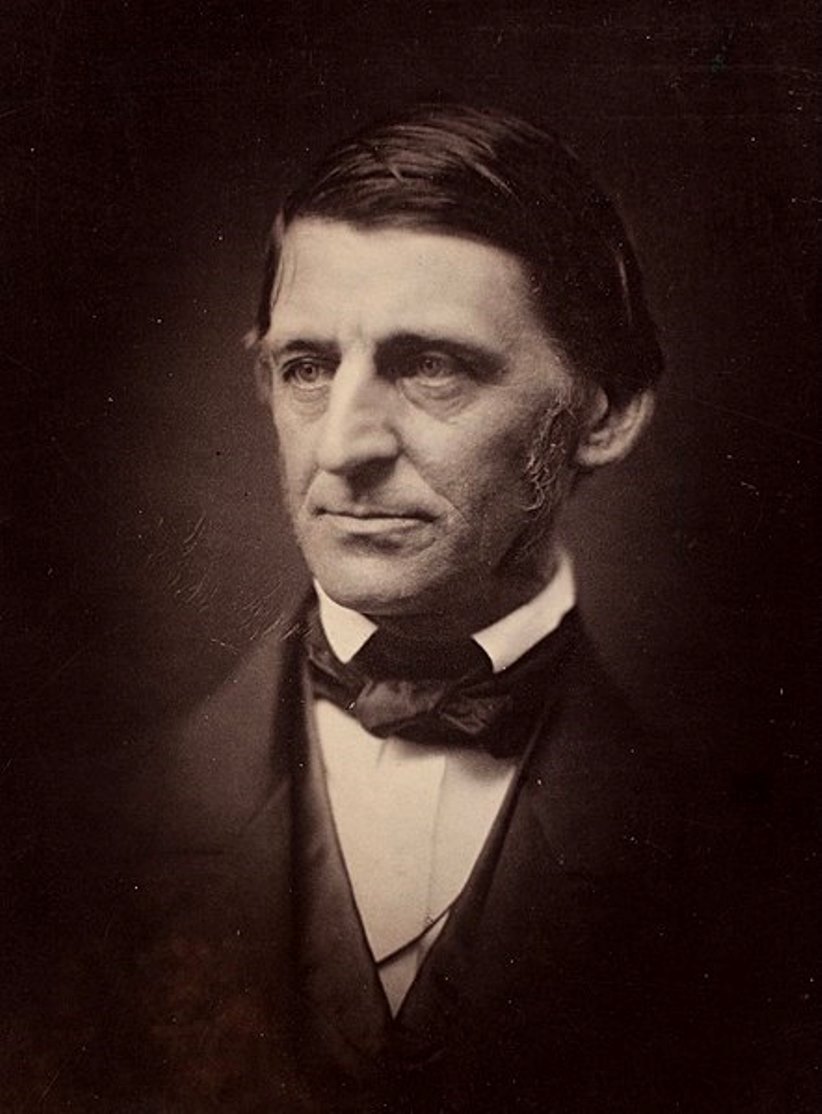
Ralph Waldo Emerson was an American philosopher, lecturer and poet, one of the most prominent thinkers and writers in the United States, and the originator of transcendentalism.
Ralph studied at Boston State Latin School and then at Harvard College (later Harvard University), began to preach, but soon doubted his chosen path and resigned his ministry. Emerson went to Europe, where new acquaintances and knowledge led him to new thoughts, and, returning to the United States in 1833, he began writing his famous book "Nature", where he first formulated a philosophy called transcendentalism. Soon other thinkers rallied around him, forming a group of like-minded thinkers.
In the essay "Nature," published in 1836, and in the following works, "The American Scholar" and "An Address in the School of Theology," Emerson consistently developed his ideas. Emerson's doctrine of the self-sufficiency and self-reliance of the individual stems from his view that a person need only look into his own heart to receive the spiritual guidance that has hitherto been the prerogative of the official churches. One must then have the courage to be oneself and trust the inner power within oneself, living one's life according to the commandments one has intuitively derived. These thoughts are not new, but Emerson put them in imaginative and accessible language.
Emerson's speeches led to his being ostracized at Harvard for many years. However, the informal Transcendental Club, founded in 1836, was joined and supported by his young students. The world fame of the brilliant thinker Emerson brought his "Essays" in two volumes, published in 1841 and 1844. As the main representative of transcendentalism, Emerson gave direction to the religious, philosophical and ethical movement, which above all emphasized belief in the spiritual potential of each person.
A later work of confession, The Conduct of Life (1860), demonstrates the author's developed humanism and full awareness of human limitations. The voluminous collection of poems cemented Emerson's reputation as a major American poet.
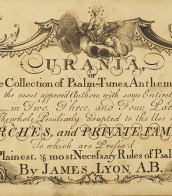

Nathaniel Hawthorne is an American writer and author.
Hawthorne is a recognized short story writer and a master of allegorical and symbolic narrative. One of the first fiction writers in American literature, he is best known for his works The Scarlet Letter (1850) and The House of Seven Gables (1851). Hawthorne's artistic works are considered part of the American Romantic movement and, in particular, of so-called dark Romanticism, a popular mid-19th-century fascination with the irrational, the demonic, and the grotesque.

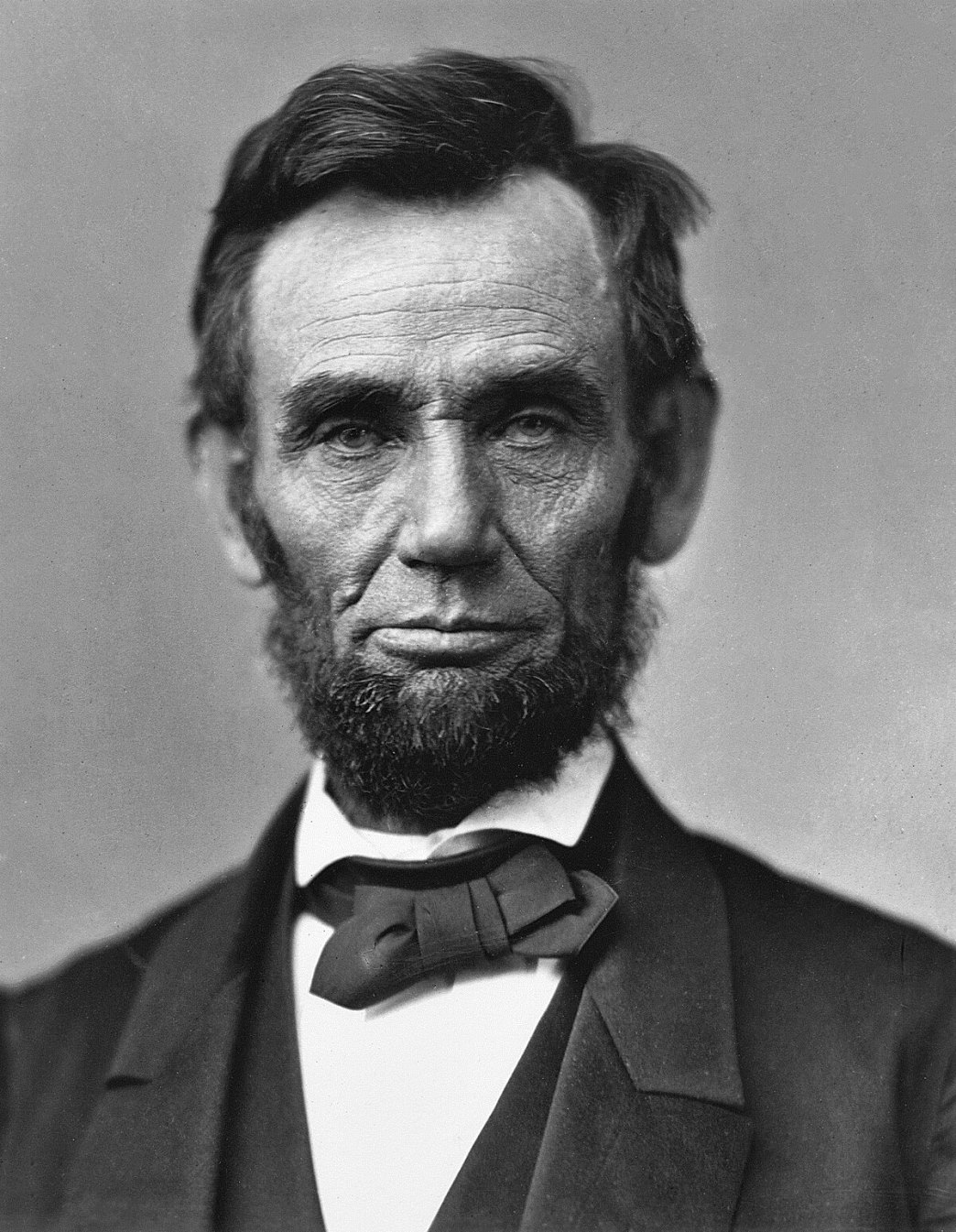
Abraham Lincoln was an American statesman and politician, the 16th President of the United States (March 4, 1861 - April 15, 1865).
The son of a frontiersman and a Kentucky farmer, Lincoln worked hard from an early age and struggled to learn. He was a militiaman in the Indian War, practiced law, and sat in the Illinois legislature for eight years. He was an opponent of slavery and gradually gained a national reputation that earned him victory in the 1860 presidential election.
After becoming the 16th president of the United States, Abraham Lincoln turned the Republican Party into a strong national organization. In addition, he drew most Northern Democrats to the Union side. On January 1, 1863, he issued the Emancipation Proclamation, which declared permanently free those slaves who were in Confederate territory. Lincoln considered secession illegal and was prepared to use force to defend federal law and the Union. Four more slave states joined the Confederacy, but four remained in the Union, and the Civil War of 1861-1865 began.
Lincoln personally directed the military action that led to victory over the Confederacy. Abraham Lincoln was reelected in 1864, and on April 14, 1865, he was fatally shot at Ford's Theatre in Washington, D.C. by actor John Wilkes Booth.
Abraham Lincoln is a national hero of the American people, he is considered one of the best and most famous presidents of the United States until today.
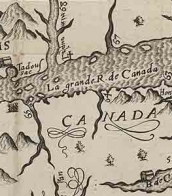
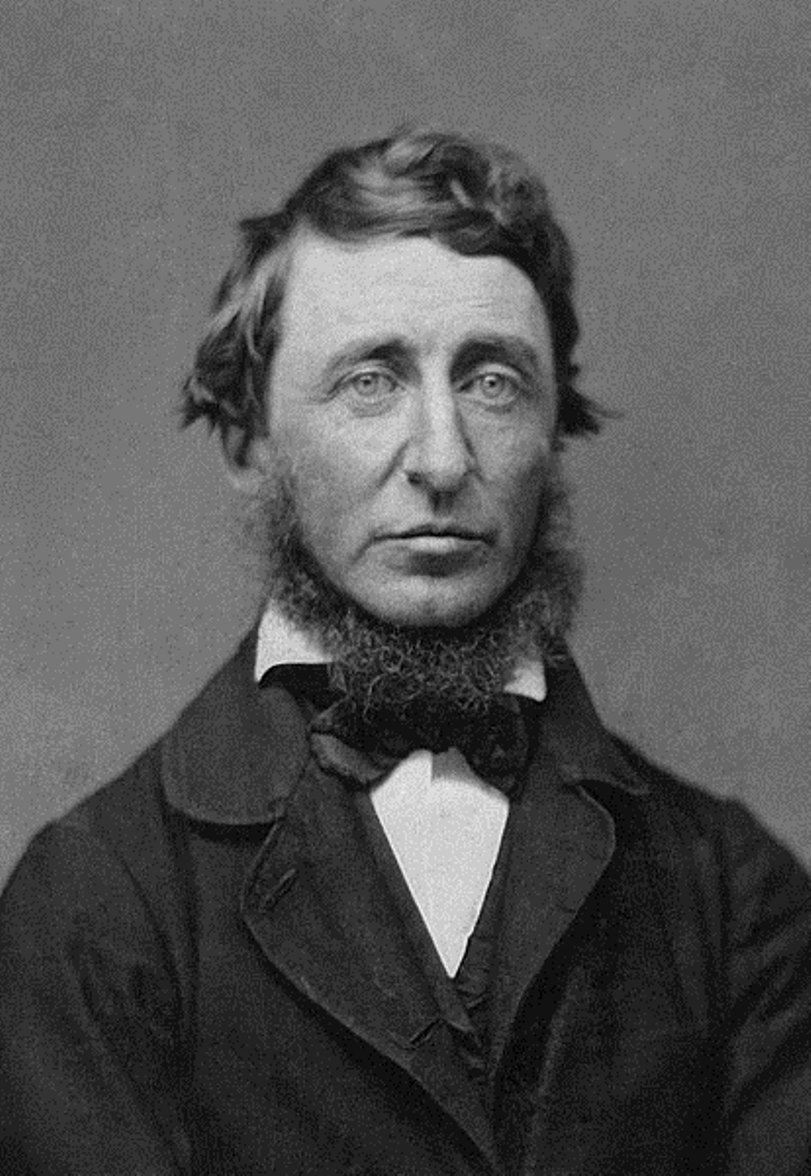
Henry David Thoreau is an American writer and poet, philosopher and publicist. He was a prominent representative of American transcendentalism, a friend and associate of Ralph Waldo Emerson.
Henry studied at Harvard University, where he met Ralph Waldo Emerson, the future founder of American Transcendentalism. Thoreau saw Emerson as a guide, a father and a friend. Under his guidance, Henry began to publish his poems and essays with increasing confidence.
In the early spring of 1845, the 27-year-old Thoreau began a new life: he chipped a cabin for himself on the shore of Walden Pond, ate very moderately and meditated. He also read and wrote "A Week on the Concord and Merrimack Rivers," then published in 1849. What eventually emerged was a series of 18 essays called "Walden," describing Thoreau's experimentation with the basics of life. Thoreau's clear and elegant style of presentation brought this work to the level of a literary classic.
Thoreau lived according to the doctrines of transcendentalism recorded in his masterpiece Walden (1854) for two years, and then left the cabin. But life around him had already changed, and little by little his moods began to change as well. Thoreau began to move away from transcendentalism, became more involved in public life, and became a committed abolitionist.

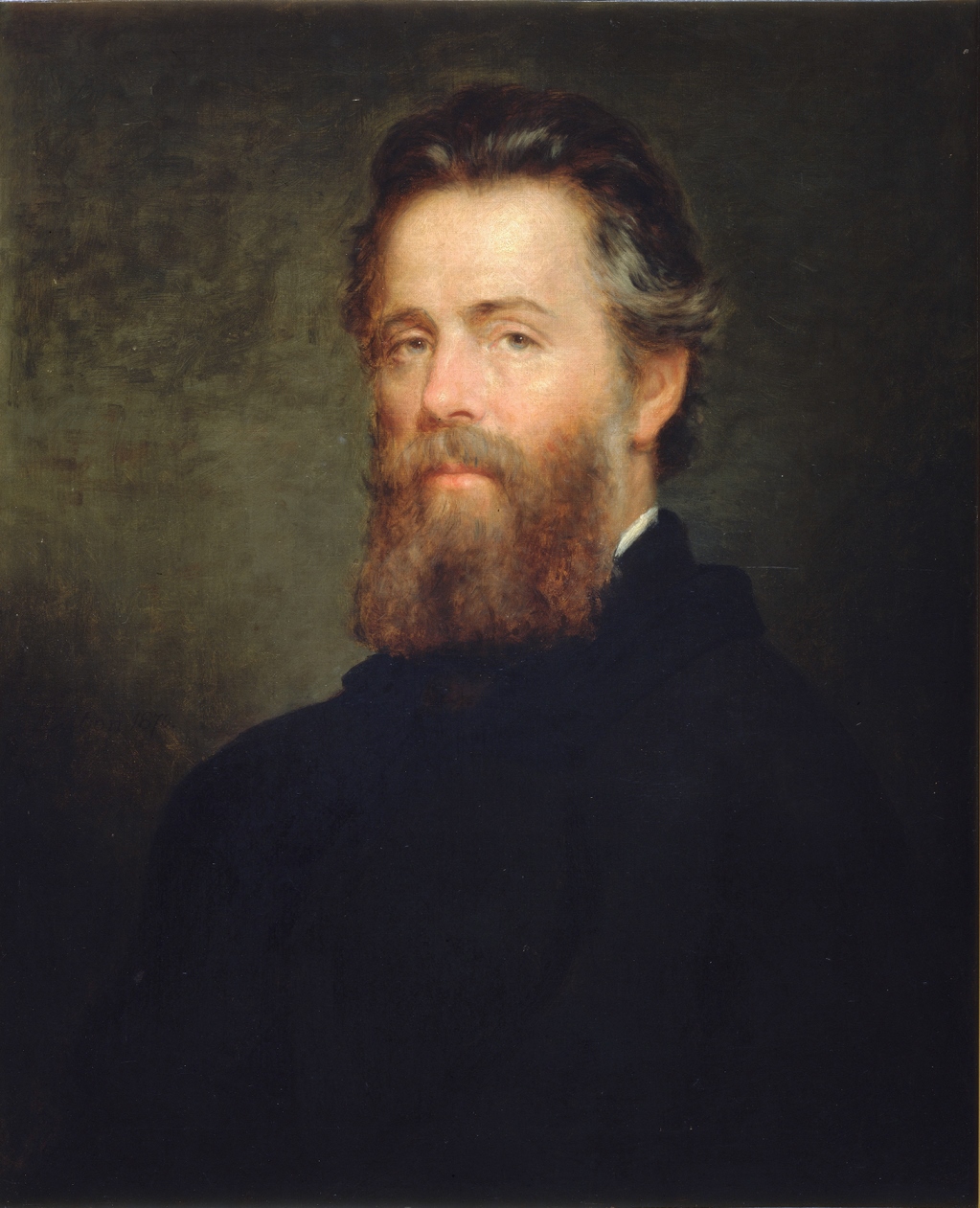
Herman Melville was an American writer, poet, and sailor.
Melville's hardship-filled youth ended on a whaling ship. He returned from his adventures in the South Seas in October 1844, and wrote "Taipi" the following spring. The book was based on the events surrounding Melville's desertion from the whaling ship Acushnet in 1842 and subsequent adventures in the Marquesas Islands.
Melville wrote several other novels and short stories and many poems, but during his lifetime his works were little appreciated by his contemporaries. Only in the 1920s began to rethink Melville, and he was recognized as a classic of world literature. World fame Melville already in the 20th century brought irrational novel "Moby Dick".

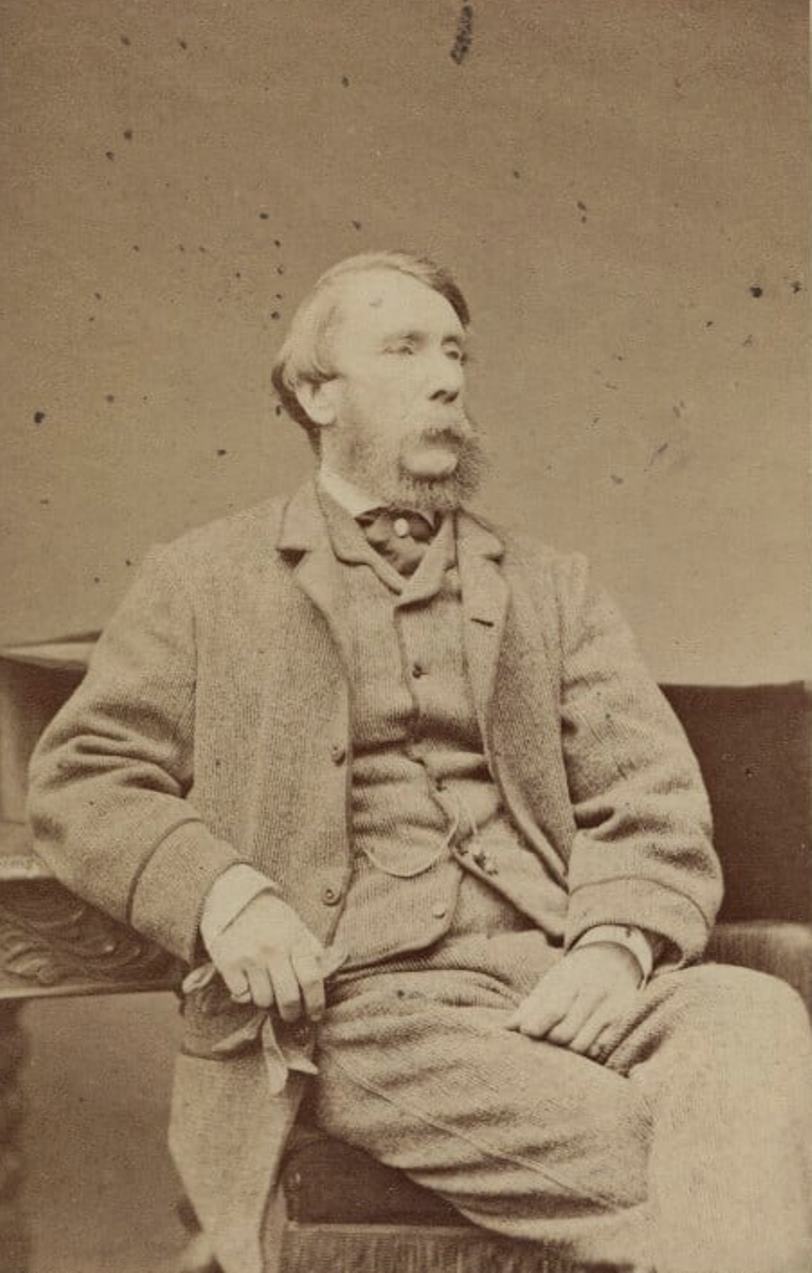
Joseph Nash the Elder was a British watercolor painter and lithographer.
Nash was a member of the Society of Watercolor Painters and exhibited there extensively with his paintings. He specialized in historic buildings and palaces and produced several lithographed albums, the most important of which was the monumental work The Mansions of England in Old Times (1839-49). This four-volume book was very popular with his contemporaries; lithographs from it were printed in newspapers, all of which encouraged the public to visit museums and historical sites more.
In 1846 Joseph Nash lithographed David Wilkie's Oriental Sketches, and in 1848 a series of views of Windsor Castle based on his own drawings.
His only son, Joseph Nash, Jr. was a marine painter and a member of the Royal Institute of Watercolor Painters.
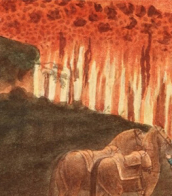
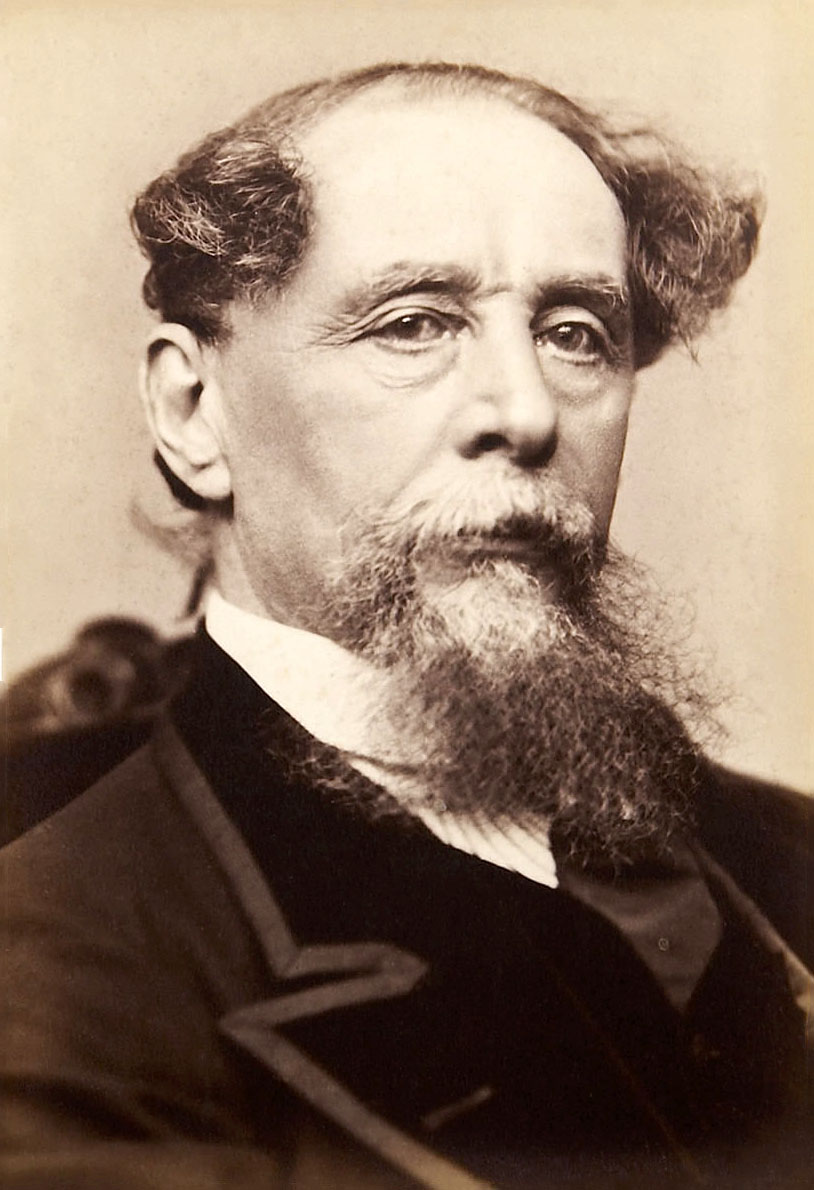
Charles Dickens, full name Charles John Huffam Dickens, is the most famous British writer of the Victorian era, a classic of world literature.
From childhood the future writer learned all the hardships of life in poverty: his father in prison for debts, hard work in a factory. Then service stenographer in court and reporter developed in him a strong attachment to journalism and contempt for both the law and parliament.
Dickens had many talents: in addition to literary work, he was an actor, published periodicals, arranged numerous literary readings, where he reveled in the admiration and love of the public. Fecund and versatile, Charles Dickens wrote many brilliant and often comic works. His novels cover a wide range of social, moral, emotional and other aspects. As a subtle psychologist, he is also very interested in the most ordinary people, but also the eccentric, the flawed, and even the insane.
Dickens was immensely popular around the world during his lifetime. His intellect, worldview, and deep reflections on society and its faults enriched his novels and made him one of the great figures of nineteenth-century literature, an influential spokesman for the conscience of his time.
Dickens' best-known and most popular novels are The Pickwick Club Posthumous Notes, Oliver Twist, Nicholas Nickleby, David Copperfield, Cold House, A Tale of Two Cities, Our Mutual Friend, Great Expectations, and The Mystery of Edwin Drood.



